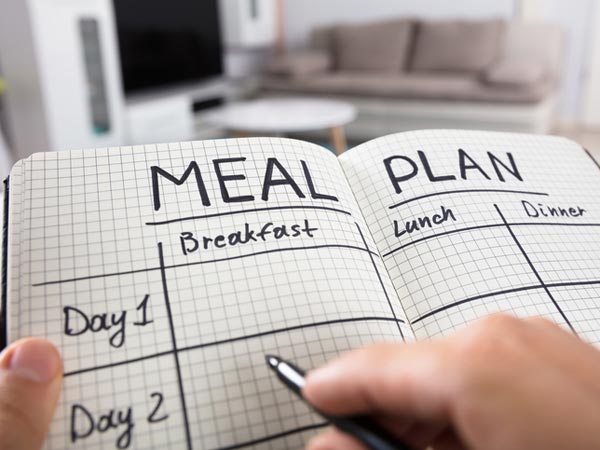Check out the ‘low-calorie diets that sabotage your health’ Your body needs energy to power daily activities like breathing, digesting food, and pumping blood, as well as its biological processes.
Did you know that the bulk of your total energy expenditure comes from your resting metabolic rate, the amount of energy your body uses when it is at rest? It’s crucial to eat enough food to provide your body with the energy it needs to perform properly.
 The following ways that eating too few calories can harm your health are possible.
The following ways that eating too few calories can harm your health are possible.
4 Low-Calorie Diets That Sabotage Your Health
You Won’t Meet Your Nutrient Needs
Vitamins, minerals, fiber, and other nutrients are crucial to your long-term health, but it’s simple to undervalue the importance of something you can’t see or feel.
For instance, calcium from food is essential for both bone health and physiological processes like circulation and muscle control. The body retains extra calcium in the bones over the first 30 years of life. You cease developing bone mass beyond the age of 30 and must rely on your existing reserves to maintain bone strength for the remainder of your life. Your body is compelled to “bust open the piggy bank” and plunder your bones for calcium if you are unable to meet your needs.
Your likelihood of developing osteoporosis (bone thinning and loss of bone density) and hip fractures rises as a result of this process.
You Slow Your Metabolism
Your body enters a state of survival when you don’t eat enough, and it begins to break down muscle to release the glucose that has been stored there, which can be utilized as energy. Your body slows down your metabolism in an effort to conserve energy since you’re not consuming enough calories. You could experience gastrointestinal problems including constipation along with a lethargic, chilly feeling.
You Lose Your Mental Edge
Similar to how a car runs on fuel, your brain depends on glucose to keep everything operating normally. You cannot perform at your best if you are constantly hungry and exhausted.
You Might Get Gallstones
Extremely low-calorie diets (around 800 calories per day) according to NSH.UK. It hastens weight loss and raises the possibility of gallstones, which can be painful and necessitate surgery.
How can you tell when something is too low? It depends on a variety of variables that are unique to each person. Consult a licensed dietitian nutritionist who has the knowledge to create a diet plan specifically for you.



